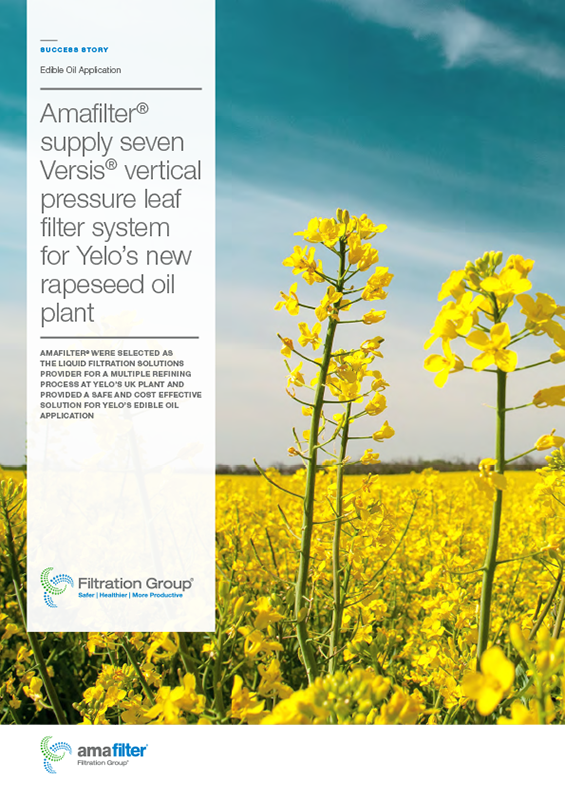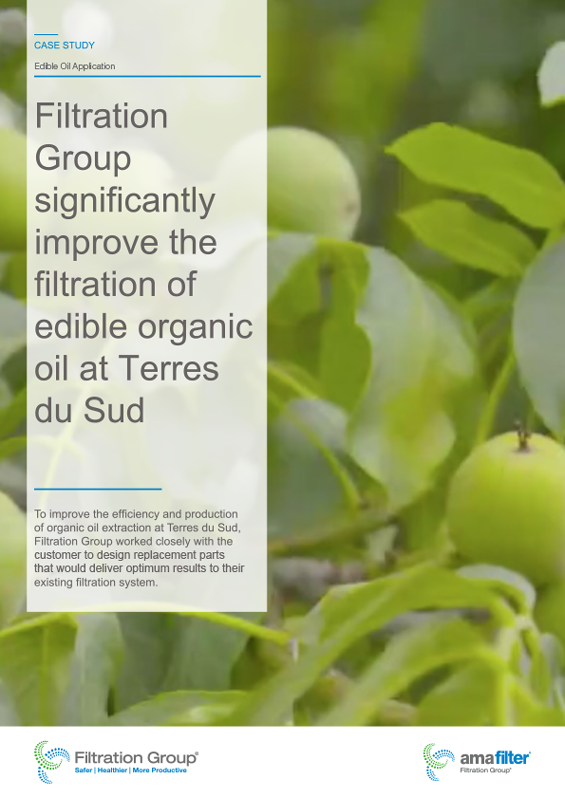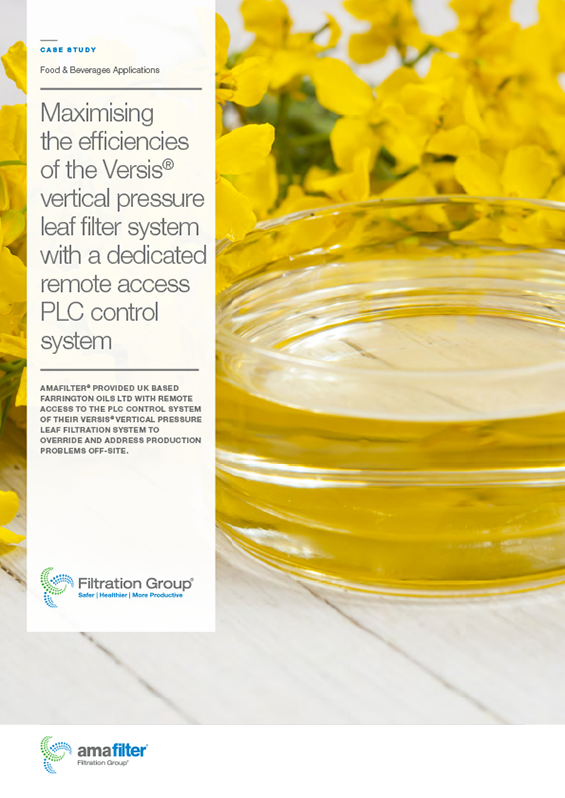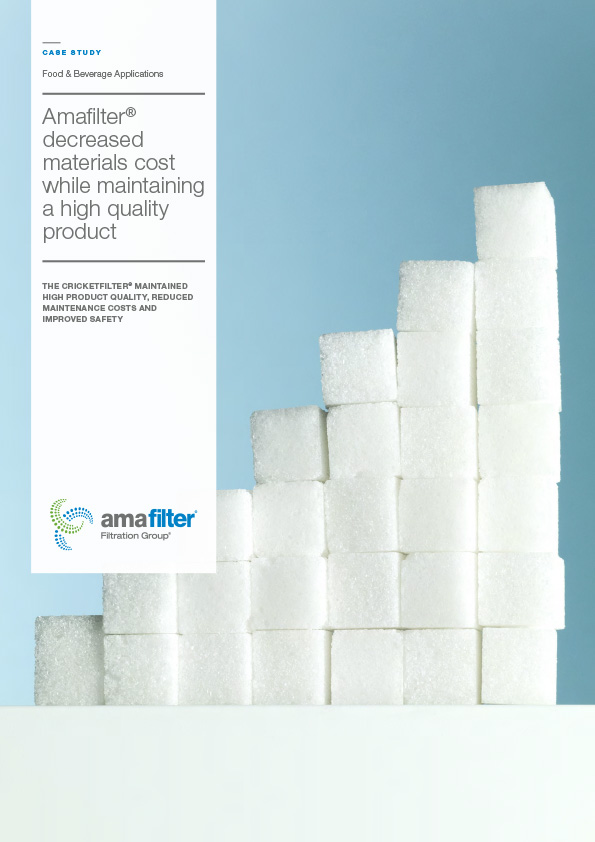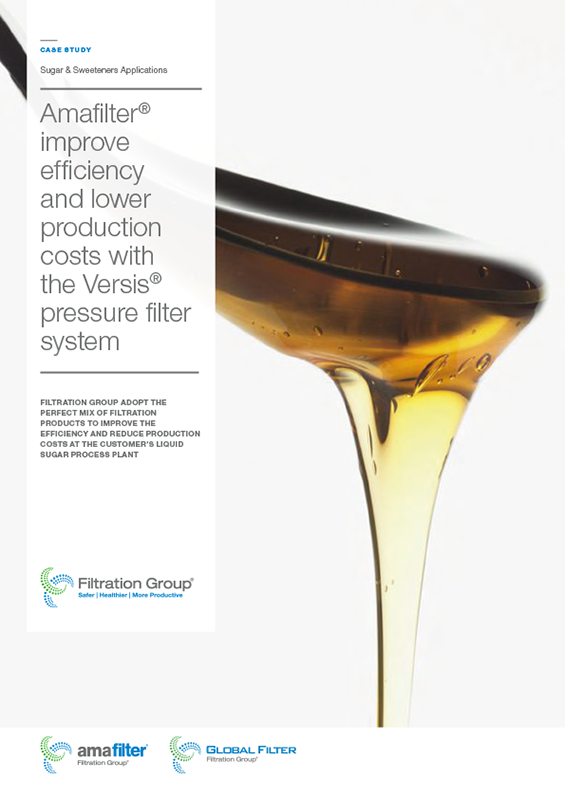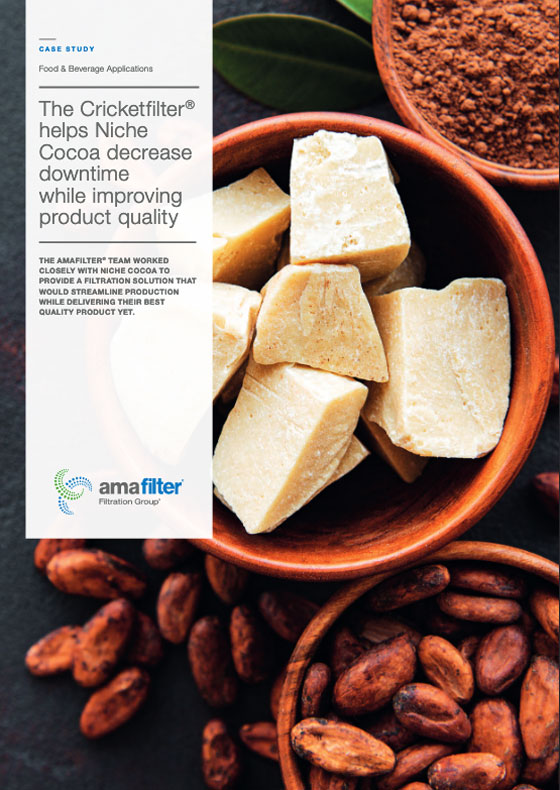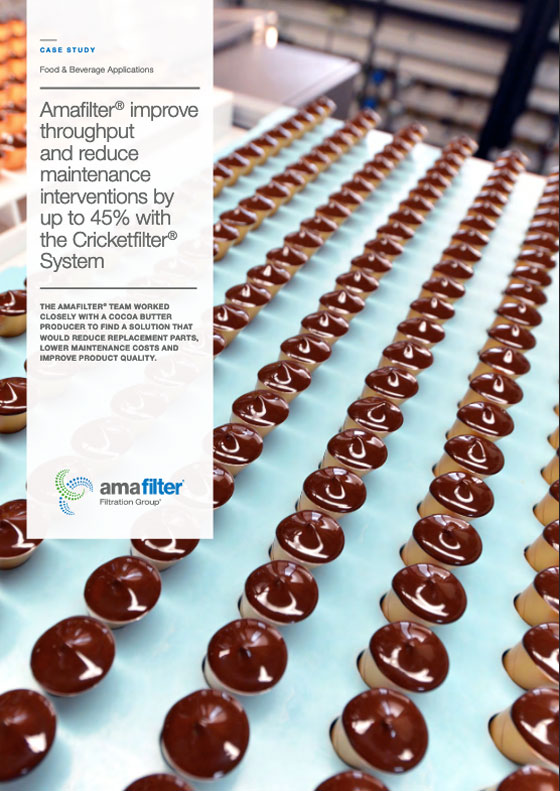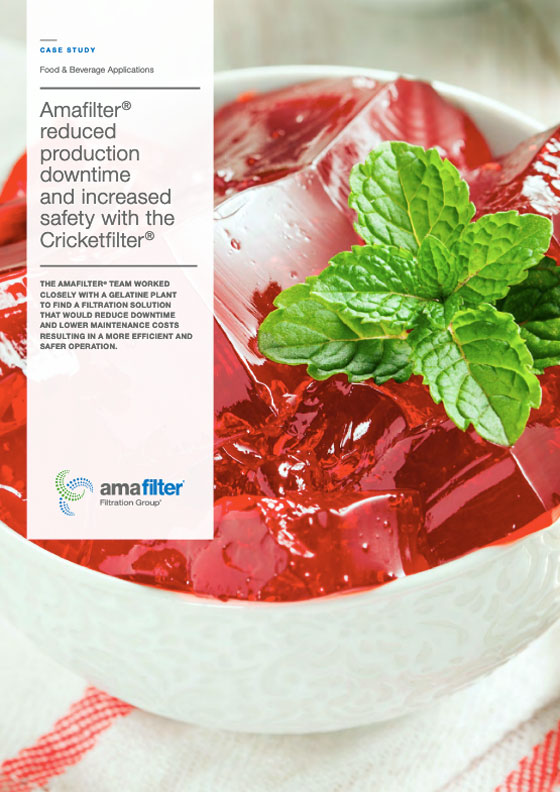
Food & Beverages Applications
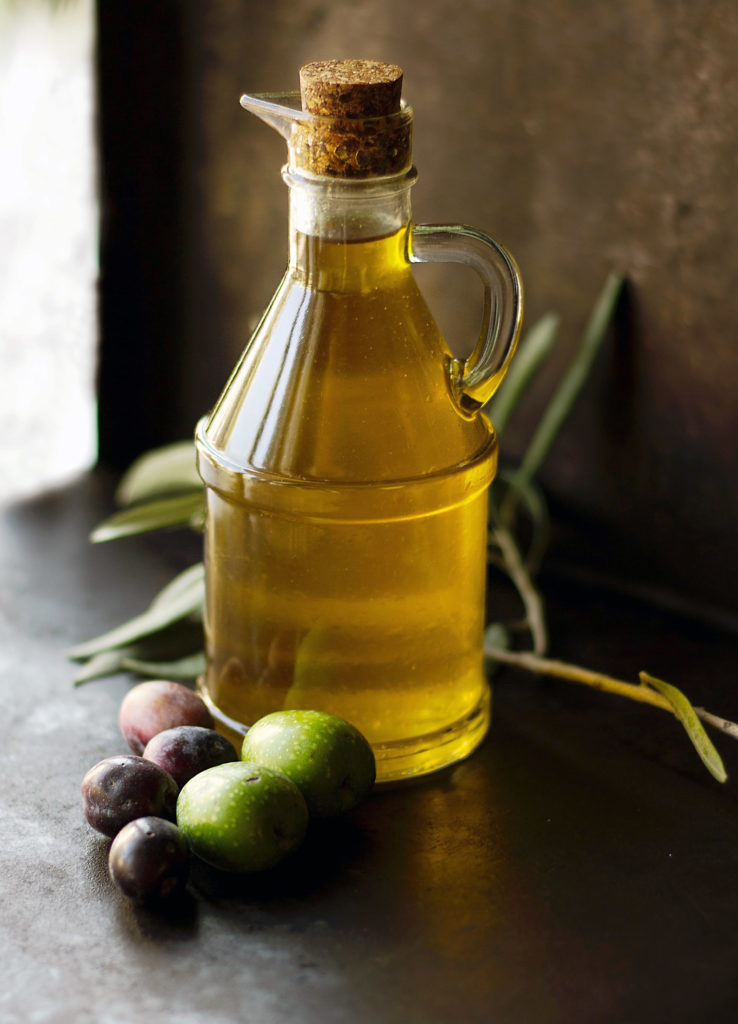
Edible Oil & Vegetable Oil Filtration Solutions
Efficient Purification for Superior Edible Oil Quality
High-performance filtration is essential in edible and vegetable oil production. It ensures the effective removal of undesirable particles, impurities, and contaminants—while preserving the oil’s natural taste, colour, and nutritional quality.
At Amafilter®, we specialise in advanced solid-liquid filtration systems engineered to deliver exceptional purification efficiency. Our solutions remove even the finest suspended solids and impurities, providing a consistent, high-quality oil output that meets the most stringent process, safety, and purity standards.
Filtration Steps in Edible & Vegetable Oil Processing
The edible oil refining process includes several critical filtration stages that determine the final product’s quality, clarity, and shelf life. Depending on the oil type and its application, Amafilter® solutions can be applied across the entire production cycle:
- Crude Oil Filtration – Removes “feet” (suspended solids) to produce a cleaner base oil.
- Miscella Filtration – Enables lecithin recovery from gums during oil refining.
- Bleached or Detoxified Oil Filtration – Eliminates colour pigments, oxidation products, and other unwanted compounds.
- Winterised Oil Filtration – Removes waxes to improve cold stability and ensure product clarity.
- Catalyst Filtration – Separates nickel catalyst residues following the hydrogenation process.
- Residual Catalyst Filtration – Removes remaining nickel particles or nickel soaps for optimal product safety.
- Deodorised Oil Filtration – Eliminates impurities generated during deodorisation.
- Safety Filtration – Protects downstream equipment and improves filtrate reliability.
- Polishing Filtration – Enhances the final appearance, brightness, and purity of the finished oil.
Filtration Systems for Edible Oil Applications
Amafilter® offers a comprehensive range of filtration technologies tailored to edible and vegetable oil refining. Our systems are designed to optimise performance, reduce operating costs, and ensure compliance with food safety and quality regulations.
Whether for crude oil clarification, bleaching earth removal, or final polishing, Amafilter® filtration systems provide reliable, efficient, and sustainable purification solutions trusted by leading producers worldwide.
Filtration Systems for Edible Oil Applications
Amafilter® offers a comprehensive range of advanced filtration systems, including the Cricketfilter® automated system and a range of vertical and horizontal pressure leaf filter systems, all designed to optimise edible and vegetable oil purification processes. Our solutions are engineered for maximum filtration efficiency, minimal oil loss, and extended operational uptime—ensuring consistent quality across every stage of oil refining.
CASE STUDIES & APPLICATION DATA SHEET
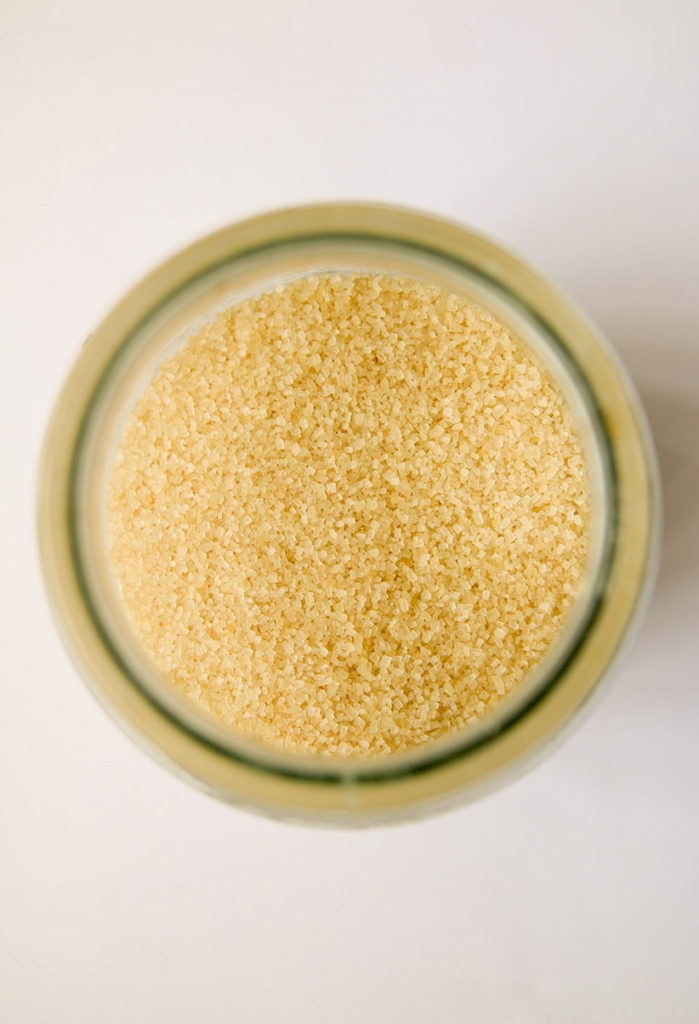
Sugar and Sweeteners
Sugar and Sweetener Production Overview
Sugar and sweeteners are derived from two primary sources:
- Sugar beet, cultivated mainly in the northern hemisphere
- Sugar cane, grown predominantly in the southern hemisphere
Regardless of the source, precise filtration processes are vital to achieving the required purity and performance of the end product.
Key Filtration Stages in Sugar and Sweetener Processing
Depending on the type of sugar or sweetener and its intended application, the production process involves several critical filtration steps:
- 1st Carbonation Stage – Lime and carbon dioxide are used to precipitate and remove impurities.
- 2nd Carbonation Stage – A secondary carbonation step further enhances purification.
- Sulphitation – Sulphur dioxide treatment removes excess calcium and refines product clarity.
- Thick Juice Filtration – Eliminates suspended solids and impurities from concentrated juice.
- Standard Liquor Filtration – Provides further clarification before crystallization.
- Re-melt Filtration – Filters syrup used in dilution or re-melting processes.
- Molasses Filtration – Processes part of the stream while the remaining portion undergoes crystallization.
- Polishing / Guard Filtration – Ensures the final product purity, removing any residual fine particles.
Filtration Systems for the Sugar Industry
Amafilter® offers a comprehensive portfolio of filtration equipment for sugar and sweetener production, designed to deliver reliable performance, high throughput, and superior filtrate clarity.
Our solutions include:
- Cricketfilter® – an innovative automatic filter for efficient cake filtration.
- Versis® vertical and horizontal pressure leaf filter systems – ideal for large-scale, continuous sugar processing.
- Cartridge and filter housings – for polishing and final safety filtration applications.
With decades of experience in solid-liquid separation, Amafilter® partners with sugar producers worldwide to enhance efficiency, reduce downtime, and maintain the highest product quality standards.
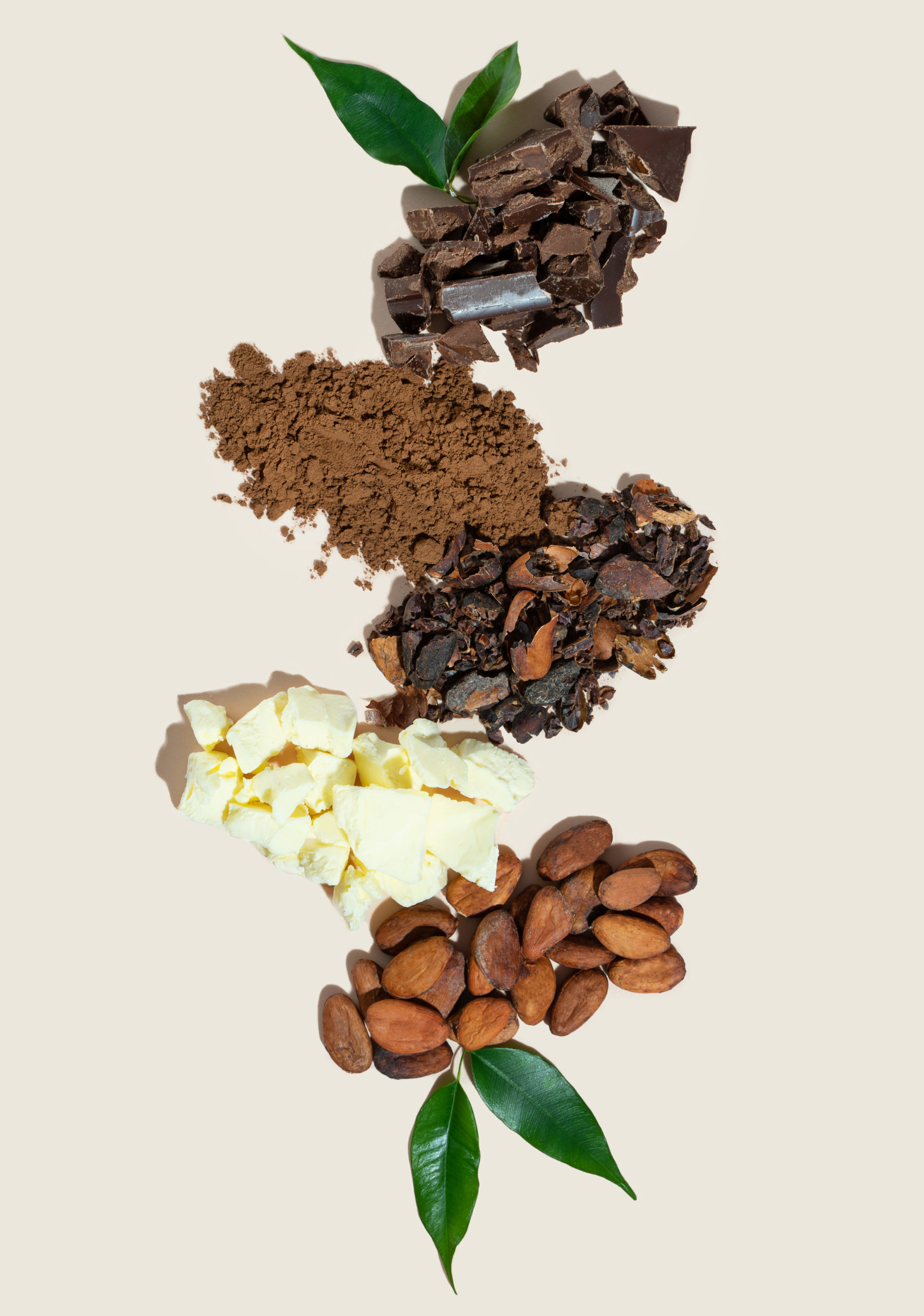
Cocoa Butter
Cocoa Butter Filtration Solutions
Ensuring purity and performance in cocoa butter production
Cocoa butter is a natural fat extracted from cocoa beans and is a key ingredient in a wide range of industries — from chocolate manufacturing to cosmetics and pharmaceuticals. Renowned for its smooth texture and moisturizing properties, cocoa butter is used in premium chocolates, skincare formulations, and even as a base for candles and other specialty products.
Due to its versatility and high value, maintaining the purity and consistency of cocoa butter is essential.
The Importance of Filtration in Cocoa Butter Processing
To produce high-quality cocoa butter, a precise filtration process is required. Filtration removes fine impurities, solid residues, and other contaminants that may affect taste, colour, texture, and product safety.
Without effective filtration, cocoa butter can retain unwanted particles and contaminants, making it unsuitable for food, cosmetic, or pharmaceutical use. Proper cocoa butter filtration ensures:
- Safe and contaminant-free product quality
- Consistent texture and appearance
- Enhanced stability and shelf life
- Compliance with industry purity standards
As a result, filtration is a critical step in the production of safe, high-grade cocoa butter used in chocolates, creams, and other cocoa-derived applications.
Amafilter® Filtration Equipment for Cocoa Butter
Amafilter® offers a comprehensive range of filtration solutions specifically engineered for the cocoa butter purification process.
Our portfolio includes the renowned Cricketfilter®, which has been widely adopted across the cocoa and chocolate industries. The Cricketfilter® cloths are custom-designed to deliver optimal filtration performance, ensuring:
- Maximum impurity removal
- Consistent product clarity
- Reliable operation with minimal maintenance
- High filtration efficiency and throughput
With decades of expertise in solid-liquid separation, Amafilter® helps cocoa processors worldwide achieve exceptional product quality, operational efficiency, and sustainable production performance.
Other products are also available such as the Versis® vertical pressure leaf filter system and cartridge and bag filter housings and strainers.
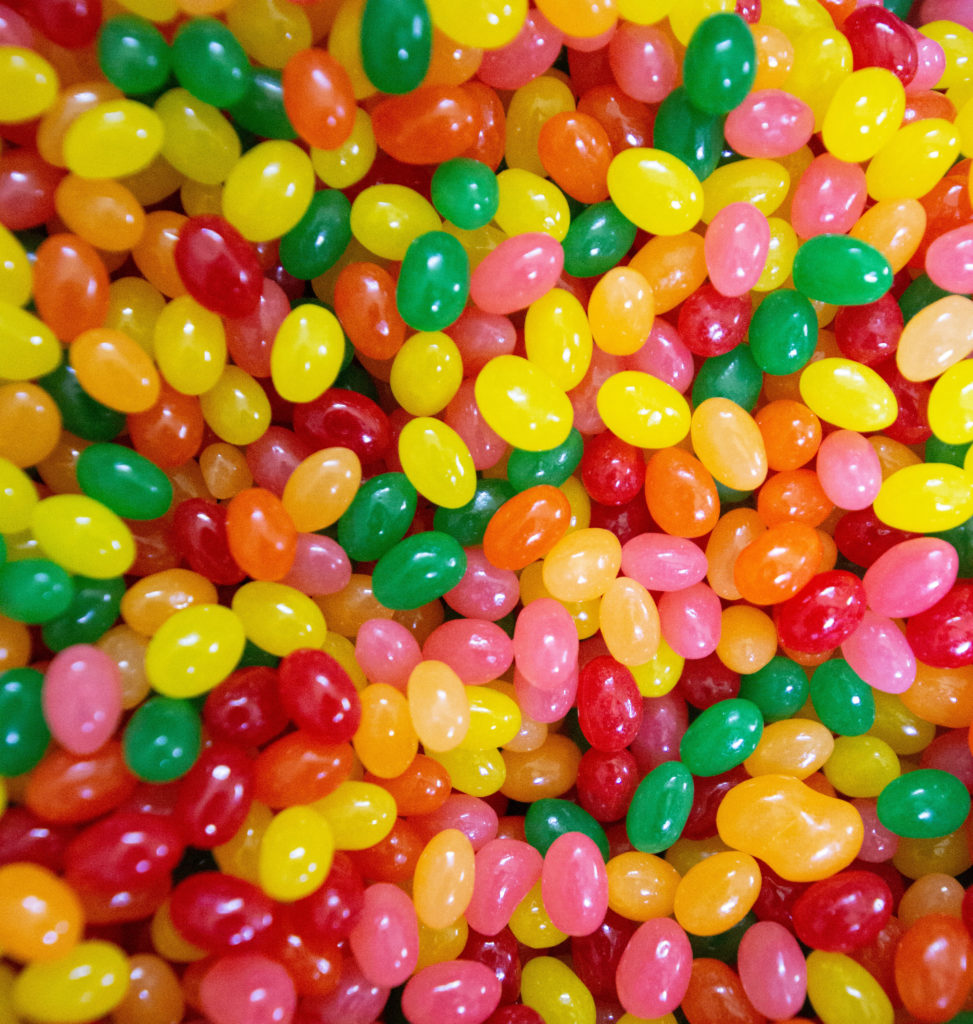
Gelatine Filtration Solutions
Purifying gelatine for safe, high-quality production
Gelatine is a natural protein derived from collagen, found in the skin, bones, and connective tissue of animals. Through a process known as partial hydrolysis, collagen is broken down into smaller peptides to produce gelatine. The purified gelatine is then processed into powder, granules, or sheets, depending on its final application.
Renowned for its unique functional properties, gelatine is widely used as a thickener, stabilizer, and gelling agent across industries such as food and beverage, cosmetics, pharmaceuticals, and photography.
The Importance of Filtration in Gelatine Production
To ensure gelatine is safe, pure, and consistent, an effective filtration process is essential. During production, filtration removes fine impurities, solid residues, and bacteria, guaranteeing a high-quality, contaminant-free end product.
Proper gelatine filtration ensures:
- Microbiological safety and purity
- Improved clarity and colour of the final product
- Consistent viscosity and gel strength
- Compliance with food and pharmaceutical standards
Without this crucial step, gelatine may contain unwanted contaminants, making it unsuitable for high-quality applications.
Amafilter® Filtration Equipment for Gelatine Production
Amafilter® offers a comprehensive range of filtration systems specifically designed for gelatine processing, including our renowned Cricketfilter®. The Cricketfilter® is ideal for efficient gelatine filtration, providing superior impurity removal, high throughput, and consistent product quality.
Other products are also available such as the Versis® vertical and cartridge and bag filter housings and strainers.
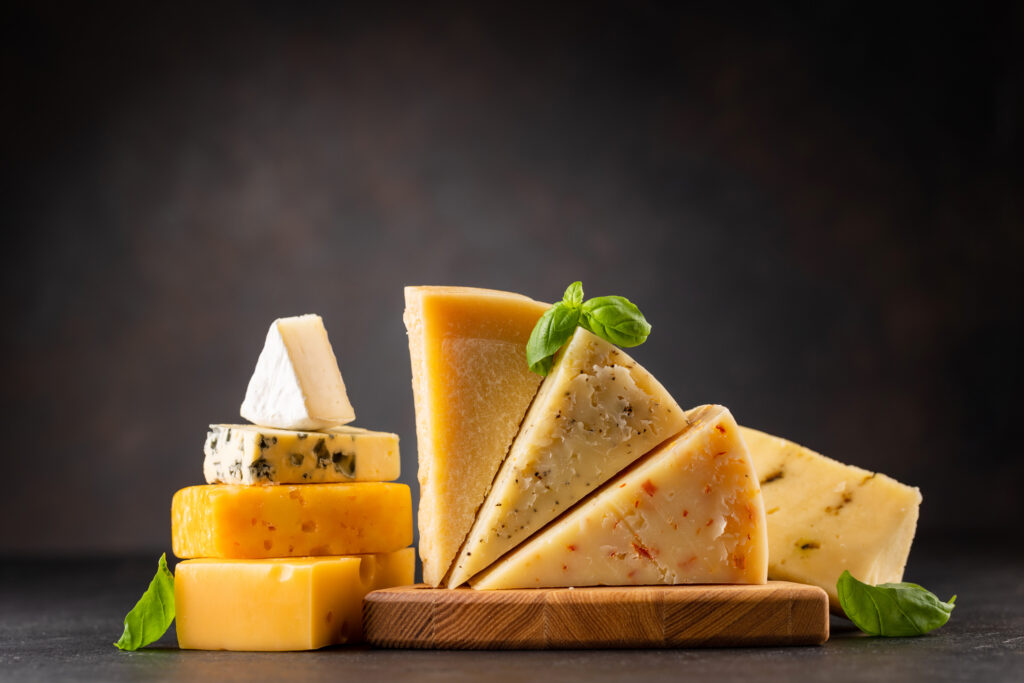
Cheese Brine Filtration Solutions
Maintaining brine quality for safe, high-quality cheese production
Cheese brine is a saltwater solution widely used in cheese-making, particularly during the salting and maturation processes. It plays a vital role in shaping the flavour, texture, and preservation of many cheese varieties, including mozzarella, feta, and Swiss cheese.
As cheese production scales, the volume of brine used increases, making effective brine management essential. Proper filtration ensures brine remains clean, safe, and reusable, helping producers maintain consistent quality while reducing waste and minimizing microbial risks.
The Importance of Filtration in Cheese Brine
Over time, cheese brine can become contaminated with cheese particulates, fat residues microbial growth if not properly filtered, these contaminants can accumulate, leading to: spoilage of brine, off-flavours in cheese and reduced shelf life and product safety. Implementing an effective cheese brine filtration system removes these impurities, ensuring the brine continues to deliver optimal performance throughout multiple uses.
Amafilter® Filtration Solutions for Cheese Brine
Amafilter® offers advanced solid-liquid filtration solutions designed to maintain clean, contaminant-free brine in cheese production. Our systems help producers: preserve brine quality for extended use, reduce microbial contamination, improve overall cheese safety, flavour, and consistency
By integrating high-efficiency filtration equipment, cheese manufacturers can achieve consistent product quality, operational efficiency, and sustainable brine management.
Amafilter® has a comprehensive range of filtration equipment suitable for cheese brine processing including our well recognised Cricketfilter®. Other products are also available such as the Versis® vertical pressure leaf filter system.
CASE STUDIES
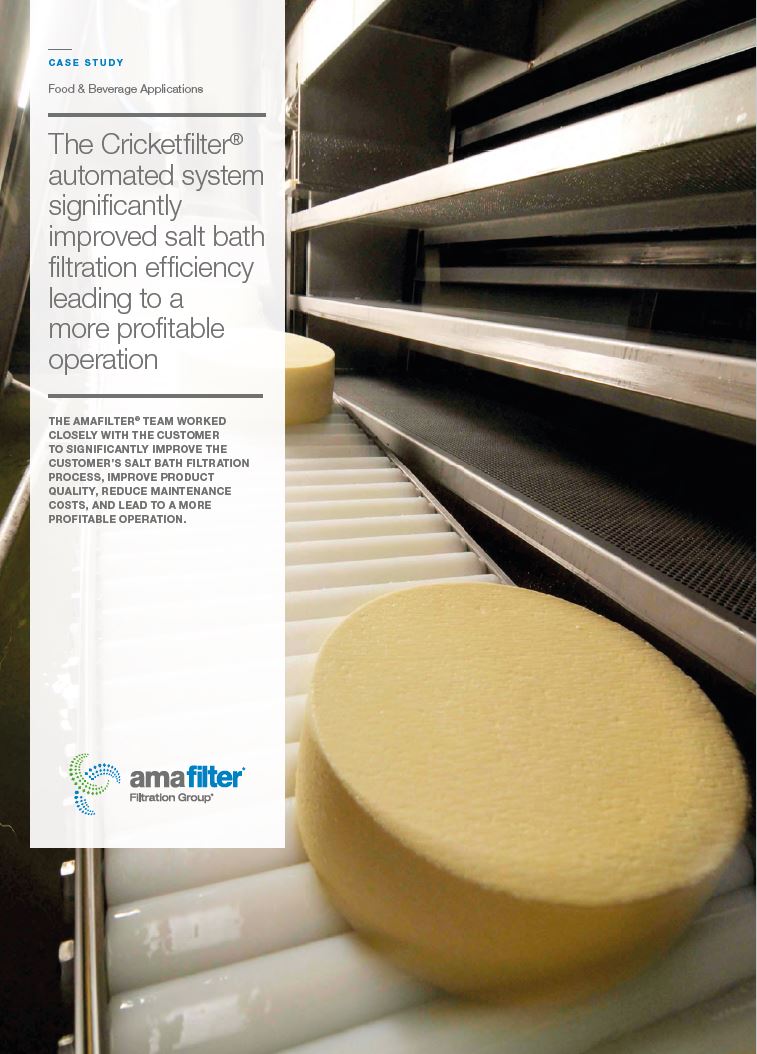
Services
We take our responsibility in partnering with our customers seriously and provide a range of services aimed at supporting our customers effectively and assisting them to resolve their filtration challenges.
Contact us
Find out more about how amafilter®, part of Filtration Group, can assist you solve your solid liquid filtration challenges and improve your processes.



